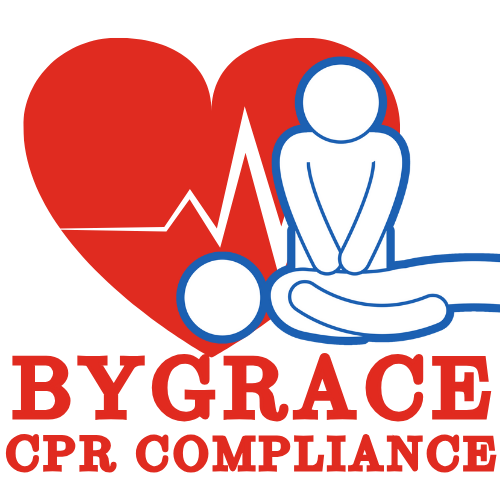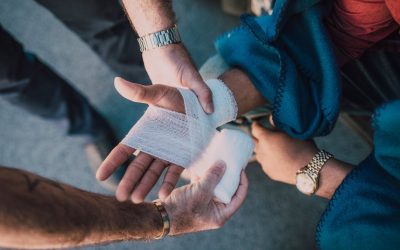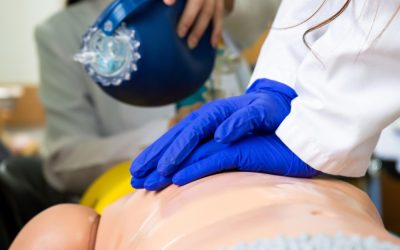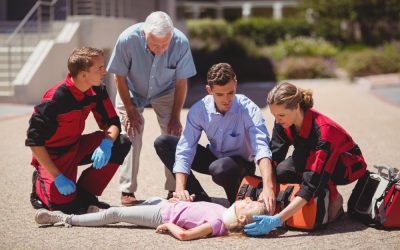Sudden Cardiac Arrest (SCA) is a life-threatening emergency that can happen to anyone, anywhere. Being able to spot the signs and respond promptly is crucial for improving the chances of survival. In this comprehensive guide, we’ll explore how to recognize the symptoms of SCA and provide a step-by-step response to effectively intervene in critical situations.
Recognizing Signs of Sudden Cardiac Arrest
Unresponsiveness
If a person suddenly collapses and does not respond to stimuli, including tapping or shouting, it may be a sign of SCA.
Absence of Normal Breathing
Check for normal breathing. If the person is not breathing or only gasping irregularly, it indicates a potential cardiac arrest.
Responding to Sudden Cardiac Arrest
Step 1: Call for Emergency Assistance
Immediately call emergency services (911 or your local emergency number) to ensure professional help is on the way. Time is of the essence in a cardiac arrest situation.
Step 2: Start Chest Compressions
Place the heel of one hand on the center of the person’s chest, just below the nipple line. Interlock your fingers and position yourself directly over the victim. Perform chest compressions at a rate of 100-120 compressions per minute, allowing the chest to fully recoil between compressions.
Step 3: Use an Automated External Defibrillator (AED)
If an AED is available, retrieve it and follow the device’s instructions. Attach the pads to the person’s chest as directed, and the AED will analyze the heart rhythm. If necessary, it will prompt you to deliver a shock.
Step 4: Continue CPR and AED Use
Continue the cycle of chest compressions and AED use until emergency services arrive or the person shows signs of life. If you are alone, perform CPR for about two minutes before calling for help.
ByGrace CPR Compliance: SCA Awareness and Training
At ByGrace CPR Compliance, we emphasize the importance of SCA awareness and offer specialized training programs. Our courses equip individuals with the skills needed to confidently respond to sudden cardiac arrest, increasing the likelihood of positive outcomes.





0 Comments